Eye on the Trends in Asia: Ethical

According to Joanna Chan, beauty research analyst with Euromonitor, consumers across the globe have a rising interest in environmentally and ethically conscious cosmetics and personal care products. Speaking at the recent in-cosmetics Korea trade event, she revealed that this particularly prevalent among the young.
Global consumer demand
When asked how much more would they be willing to pay for a product which is environmentally or ethically conscious, around three quarters of the youngest age group (15 - 29) said at least a little more, with many saying somewhat or a lot more. More than a third of the oldest consumer group (60+), by contrast, said they would pay no extra.
The trend is a truly global one, with regional variations being driven by environmental conditions (e.g. water scarcity in the Middle East) and governmental input (e.g. microbead bans in various countries across the world).
Trends and drivers
Looking at the consumer demand for sustainable and ethical products, Chan notes that there are three key trends and drivers tipped to take the trend forward: government involvement, the need for water efficiency, and ethical labeling from the food industry arriving in personal care.
The ban from various governments against microbeads - particularly the recent move from the US, as a world leader, to regulate against them - has shown the impact governments can have on the direction of beauty trends. As Chan noted, “it’s not just consumers driving the ethical trend; governments are pushing for it too.”
Alongside this, with the environmental cost of water usage increasingly in focus, water efficient products are set to be a key area of innovation, Chan suggested. Dry shampoo, such as the brand Batiste, is a sign of this rising trend.
Thirdly, labeling and packaging will come into play as a key feature of the ethical trend, with fair trade, non-GMO and vegan logos some examples increasingly being seen on personal care products. “The environmental and sustainability need for ethical products is important for packaging as well as products,” Chan confirmed.
Halal beauty also offers a key example of regional ethical demand from Asia: among the muslim consumer group, the demand for halal beauty is being driven by a mixture of ethical and religious concern.
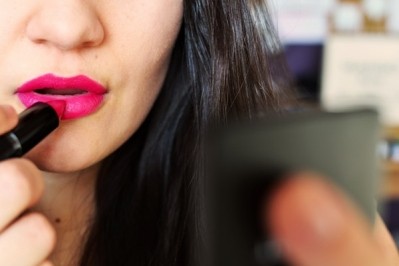

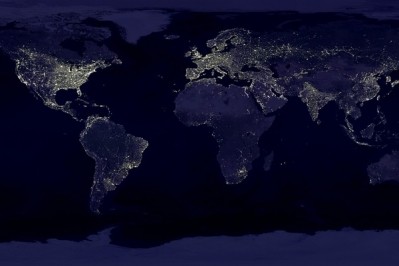
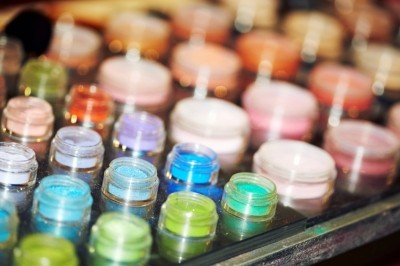
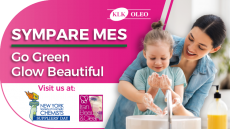

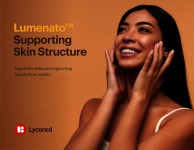


![Latest developments from the South Korean beauty market. [Getty Images]](/var/wrbm_gb_food_pharma/storage/images/_aliases/wrbm_tiny/publications/cosmetics/cosmeticsdesign-asia.com/headlines/brand-innovation/korea-focus-able-c-c-kolmar-and-more-in-this-k-beauty-round-up/17357973-1-eng-GB/Korea-focus-Able-C-C-Kolmar-and-more-in-this-K-beauty-round-up.jpg)

![Able C&C has furthered its partnership with Japanese discount chain Daiso with new makeup launch. [A'pieu]](/var/wrbm_gb_food_pharma/storage/images/_aliases/wrbm_tiny/publications/cosmetics/cosmeticsdesign-asia.com/headlines/brand-innovation/a-pieu-and-daiso-launch-exclusive-2-makeup-line/17339117-1-eng-GB/A-pieu-and-Daiso-launch-exclusive-2-makeup-line.jpg)
![Down Under Enterprises is setting sights on the Asian market as environmental sustainability and traceability become increasingly important. [Getty Images]](/var/wrbm_gb_food_pharma/storage/images/_aliases/wrbm_tiny/publications/cosmetics/cosmeticsdesign-asia.com/headlines/market-trends/down-under-enterprises-shifts-focus-to-china-as-environmental-sustainability-traceability-come-into-the-spotlight/17304932-1-eng-GB/Down-Under-Enterprises-shifts-focus-to-China-as-environmental-sustainability-traceability-come-into-the-spotlight.jpg)
![News updates from Shiseido, Dr.Ci:Labo, Sephora, and more. [Shiseido]](/var/wrbm_gb_food_pharma/storage/images/_aliases/wrbm_tiny/publications/cosmetics/cosmeticsdesign-asia.com/headlines/brand-innovation/updates-from-shiseido-dr.ci-labo-sephora-and-more/17334944-1-eng-GB/Updates-from-Shiseido-Dr.Ci-Labo-Sephora-and-more.jpg)

![Clariant has underscored the importance of localisation strategies and distribution capabilities in China with beauty trends evolving at a rapid pace. [Getty Images]](/var/wrbm_gb_food_pharma/storage/images/_aliases/wrbm_tiny/publications/cosmetics/cosmeticsdesign-asia.com/article/2024/04/16/clariant-emphasises-importance-of-localisation-in-the-era-of-viral-trends/17327969-1-eng-GB/Clariant-emphasises-importance-of-localisation-in-the-era-of-viral-trends.jpg)



